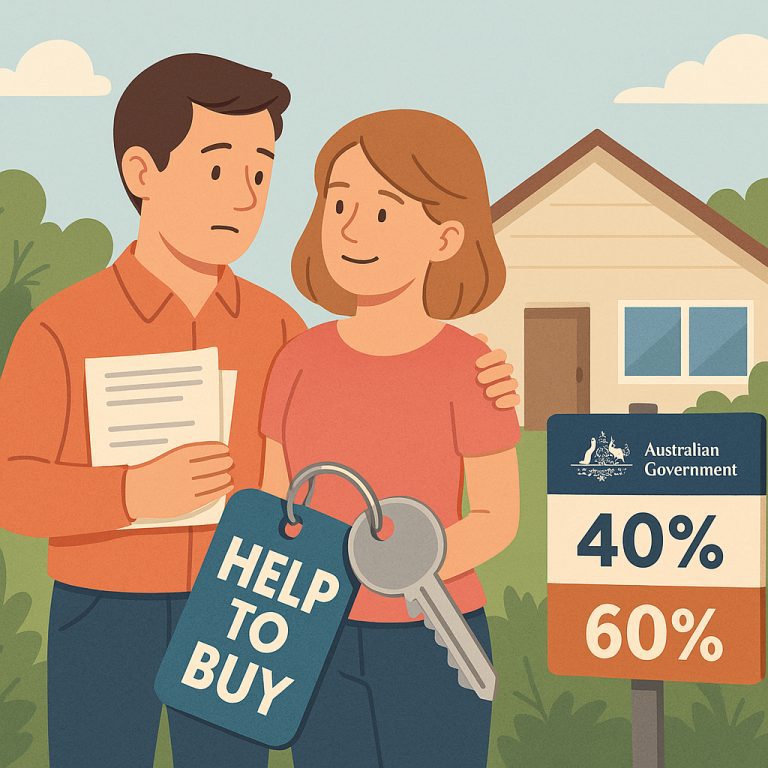
When the idea of buying a property through Super via bank loan – also known as SMSF (Self Managed Super Fund) lending – first originated, it was seen as the preserve of high-tech financiers and the well-heeled elite of Australia, looking for the tax breaks usually reserved for the kind of people who don’t need them in the first place. However, an opening of the market and greater competition by both providers and advisors has led to an explosion in SMSFs.
Can I use my Super to buy my home?
Superannuation funds are prohibited from borrowing to invest. However, SMSFs are now permitted to “maintain a borrowing”. In essence, this crucial legislative change has permitted the average SMSF holder to be able to buy property through their Super.
The best way to think of investing in property through an SMSF is to imagine that your cousin is buying the property, but holding it for you for later on. It isn’t in your name, you can’t live in it, and you can’t even access the benefits until retirement. So it’s not actually your property to freely do whatever you wish with it. Rather it is owned on behalf of your SMSF (see diagram below). Your name isn’t on the title and if you sell the property you do not get the profits, i.e. the money must remain within your Super until you can legally access it until retirement.
Why do banks lend less and charge more for SMSF loans?
SMSF lending is classified as non-recourse lending. Thus you aren’t legally liable if the SMSF home loan falls into arrears. Given this additional risk, banks charge more via higher rates. Most SMSF loans cost about 6.50%, whereas a standard residential investment loan would cost around 5%.
Up until recently, many lenders were happy to lend up to 80% with an SMSF loan. However, many banks have completely pulled out of the SMSF market, and many of those that remain have limited their lending to 60% and maybe 70% at a push.
However, currently, there are still SMSF property loans available as low as 4.99% and 80% LVR.
What are the benefits?
Investing in property through an SMSF still represents a very good way of building up retirement funds. The tax advantages on both rental income and capital gains exemptions still make this an attractive option.
There are other benefits, particularly for many self-employed people, whereby their Super can own the commercial premises and rent it out to the small business owner themselves. The business owner is effectively paying the entire rent out as a tax-deductible expense but gaining the benefit of it within his Super.
The main reason that so many people have gone down the SMSF path, is confidence in property and their ability to outperform the vagaries of the stock market and many professional fund managers. This has emboldened them to take more control over their own retirement in an asset class that they readily understand – houses! This not only applies to people focused on early retirement but also those who are already retired and have used their Super to grow their wealth exponentially through property.
To find out more or to discuss any items above further call us for free on +61 7 5456 2928 or email: [email protected]




